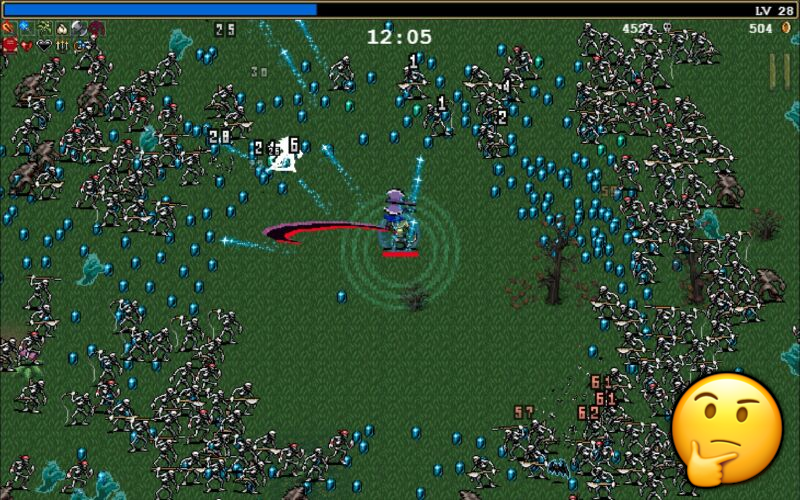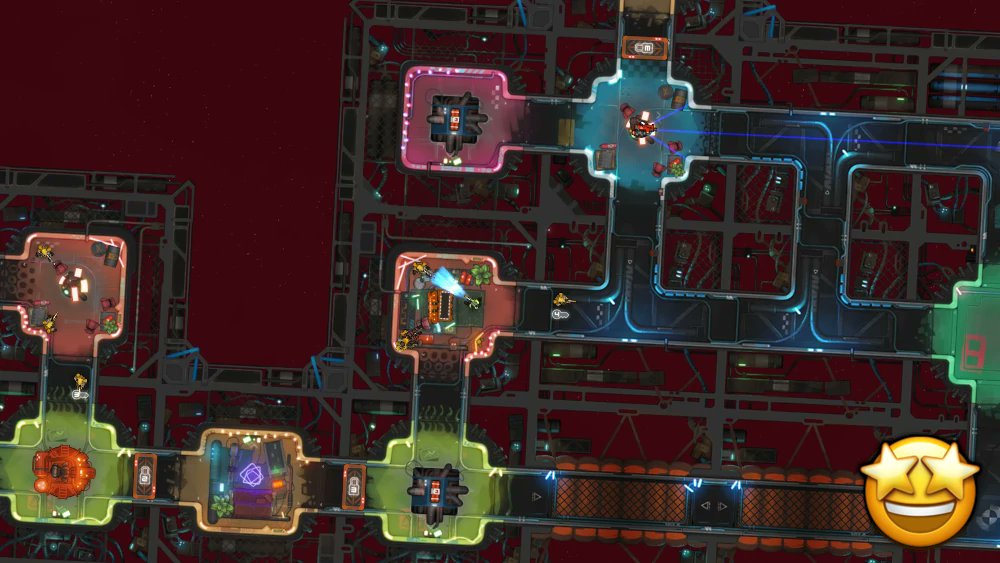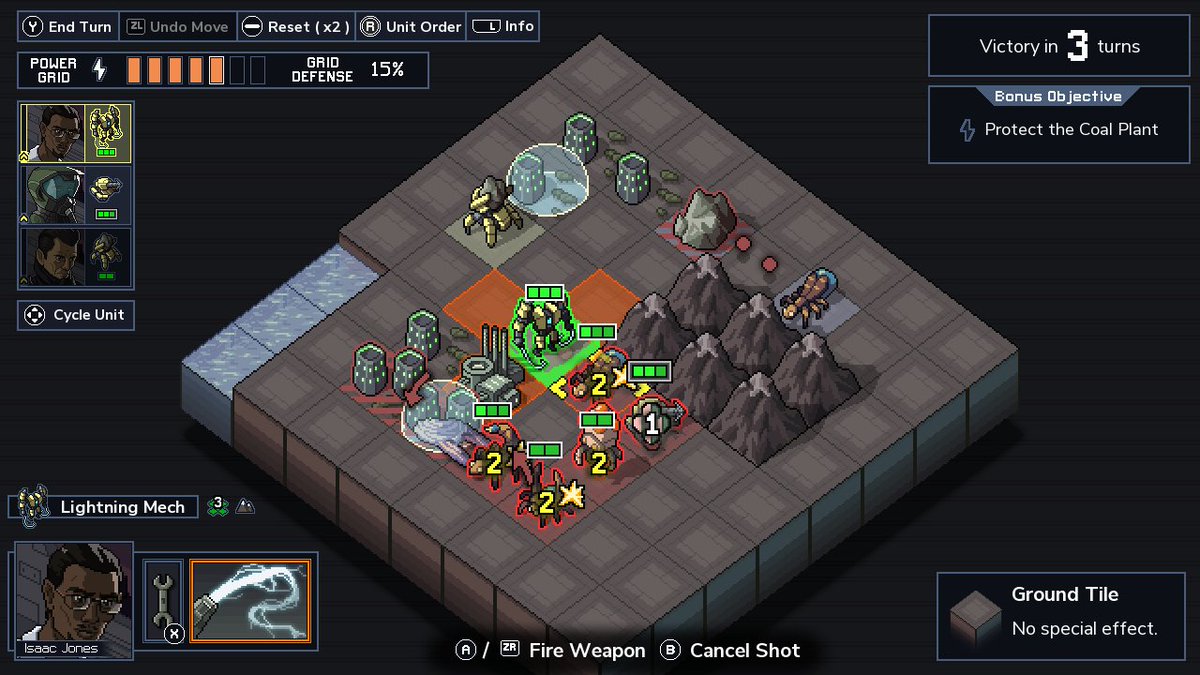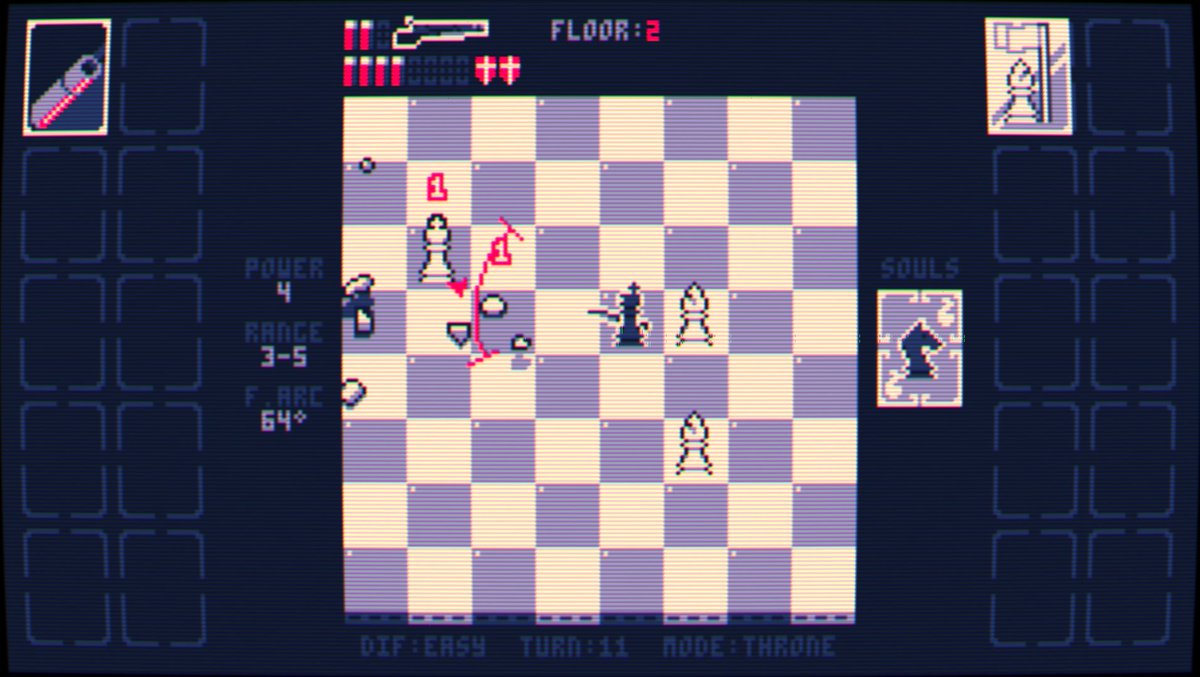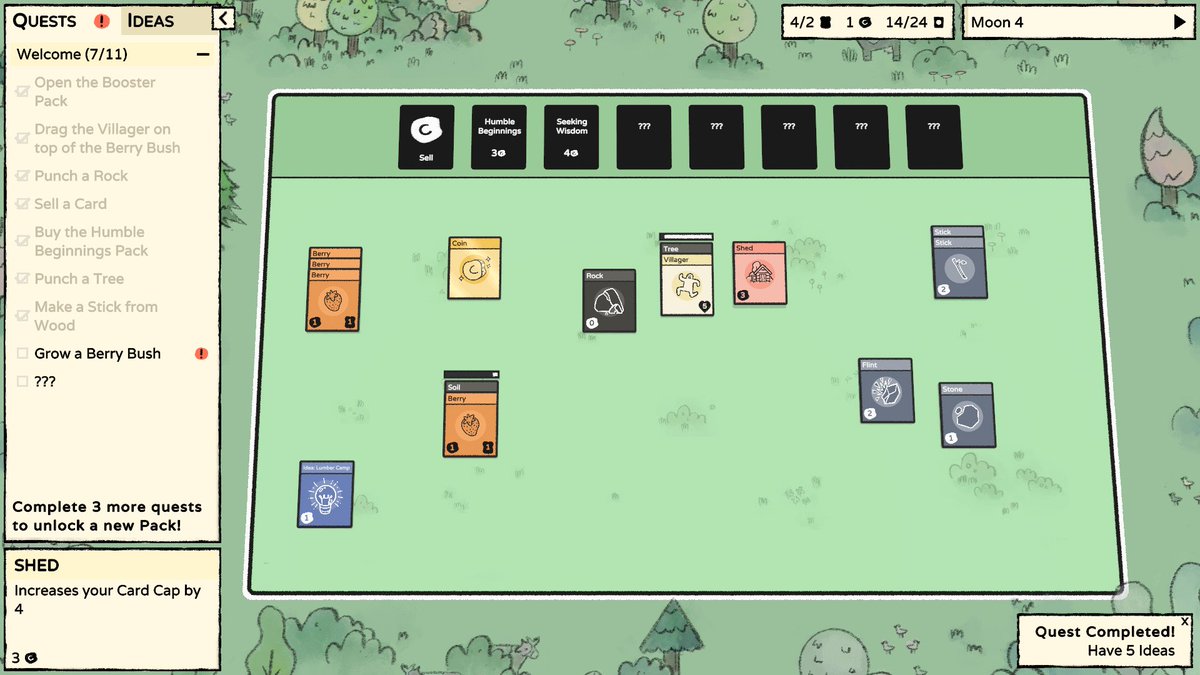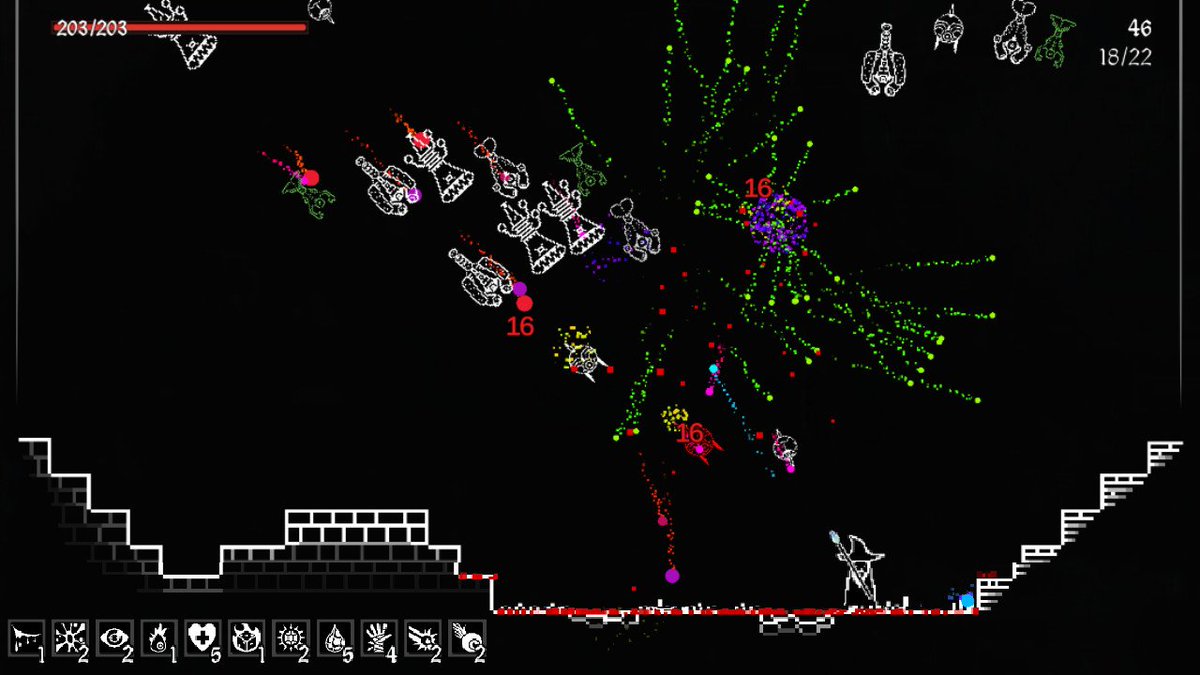Here's another attempt at explaining the strengths and weaknesses of certain #roguelike metagame / difficulty systems!
(These are broad buckets. At this point there are many combinations and variants. Let me know about your favorites!)
👇 #GameDesign Thread 🧵
1/6



(These are broad buckets. At this point there are many combinations and variants. Let me know about your favorites!)
👇 #GameDesign Thread 🧵
1/6




Roguelikes with one single difficulty have the advantage of the whole community discussing "THE" game. However, they often scare away new players depending on how difficult they start out, and bore veterans by having them repeat sections they already mastered over and over.
2/6
2/6

A popular answer to roguelikes frustrating new players is meta progression. This however fights symptoms more than flawed fundamentals, exacerbating the reset problem and introducing new issues of fuzzy feedback and "solvedness", at worst making entire mechanics irrelevant.
3/6
3/6

Difficulty levels can help with initial frustration, the reset problem (to a degree) and follow the player's skill progression. However, they inherently incentivize playing on the highest difficulty unlocked and burden the player with finding the "correct" one instead.
4/6
4/6

Ranked systems fix a lot! They go against the "hero's journey" structure, but roguelikes (being match-based) actually don't have to follow that trope. They can be more like "sports disciplines" with consistent per-run difficulty, centered on the human player as their "hero".
5/6
5/6

Further #GameDesign Reading
📜 Reset Problem: gamedeveloper.com/design/the-res…
📜 Auro's Single-Player Elo System (@keithburgun): dinofarmgames.com/auros-single-p…
📜 Learning (@BrainGoodGames): blog.braingoodgames.com/2017/02/21/com…
📜 Related issues in story-driven games: fischerdesign.medium.com/video-games-ar…
6/6
📜 Reset Problem: gamedeveloper.com/design/the-res…
📜 Auro's Single-Player Elo System (@keithburgun): dinofarmgames.com/auros-single-p…
📜 Learning (@BrainGoodGames): blog.braingoodgames.com/2017/02/21/com…
📜 Related issues in story-driven games: fischerdesign.medium.com/video-games-ar…
6/6

• • •
Missing some Tweet in this thread? You can try to
force a refresh








